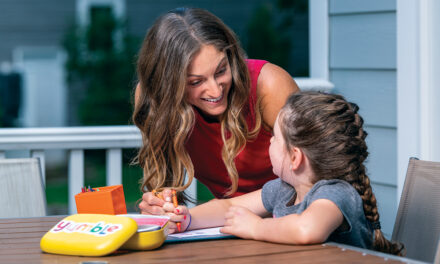Ever since the first Earth Day on April 22, 1970, when many of us Boomers had grand intensions to make sincere changes and improve how we treated our planet, we really haven’t held up our end.
Sad to say, we betrayed our idealism badly, and the earth is suffering. We’re already witnessing a measurable rise in sea levels and ocean acidification, unprecedented glacial and ice sheet melting, extreme weather events, and species extinction rates that are well on the way to becoming the worst since that darn asteroid plunged into the Gulf of Mexico.
A case could be made for throwing up our hands and yelling, “Sorry kids. Our bad!” as we peel out of the driveway to hit the links for a few more rounds before we die, or our house goes under water, whichever comes first.
But despair and retreat simply aren’t viable options. We have too much skin in the game. And what’s more, we may be among the last generations that can still ease back the throttle, determining whether we hit the greenhouse gas wall at 30 miles per hour, or 100.
The recent agreement at COP21 in Paris is a sign that all is not lost, that humans can still choose to turn their ship around. It’s not a perfect agreement, of course—but when you’re dealing with 200 nations, compromise seems like a realistic goal. And it’s a promising start.
For me, as a grandfather, being able to look my grandkids in the eye and feel like I did my part is a priority. Here’s are four easy things we can do right now to help promote a sustainable planet.
Do the little things—Believe it or not, small choices we make daily really do add up. Turn out lights when their not in use, and replace them with new LED bulbs when possible. Take cable boxes and computers out of “sleep” mode and shut them down completely overnight. Make sure your tires are inflated properly. Use programmable thermostats. Each of these and similar actions may seem insignificant as individuals, but across large populations can reduce our carbon footprint dramatically.
Eat lots of veggies—Growing cattle, pigs, and chickens is one of the most detrimental activities on the globe, adding millions of tons of methane into the atmosphere. According to the United Nations, 18 percent of manmade greenhouse gas emissions globally come from raising livestock, including the fuel and fertilizer it takes to grow feed and the waste animals create themselves. Vegetarian cuisine has come a long way since the ol’ bean sprout days, and if everyone had one “meatless” meal a week, it would be a very big deal.
Watch and recommend Racing Extinction—This recent 90-minute program on the Discovery Channel by filmmaker Louie Psihoyos is a moving, profoundly disturbing, yet ultimately hopeful documentary pleading for action to avoid further species extinction. It’s still part of Discovery’s currently available programming, and it’s downloadable on iTunes or Amazon. Watch it (if possible with your grandchildren, if they’re mature enough). And the Racing Extinction website has all kinds of educational tools, personal and group projects, news, and opinion to help you become environmentally proactive.
Fight to have COP21 ratified—Believe it or not, nudging our representatives in Congress helps move the needle. Write, call, text, e-mail, tweet, pin, or Instagram your representatives to ratify COP21.
It’s easy sometimes to feel like we don’t have any control of what’s happening in our world, but these are the little things that we as individuals can do that can have a big impact for our kids, our grandkids, and our world.









